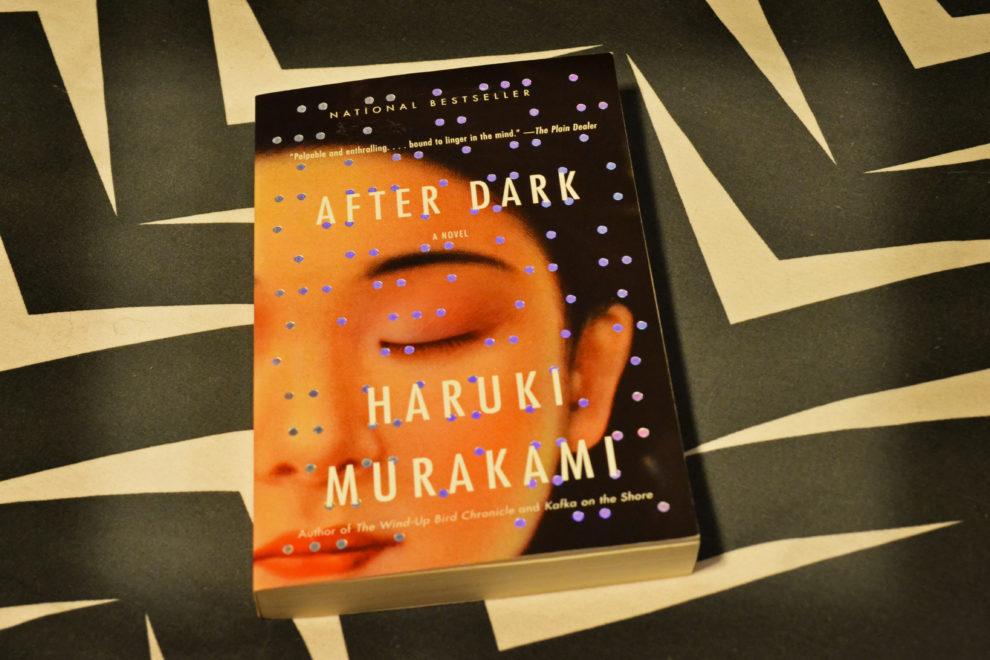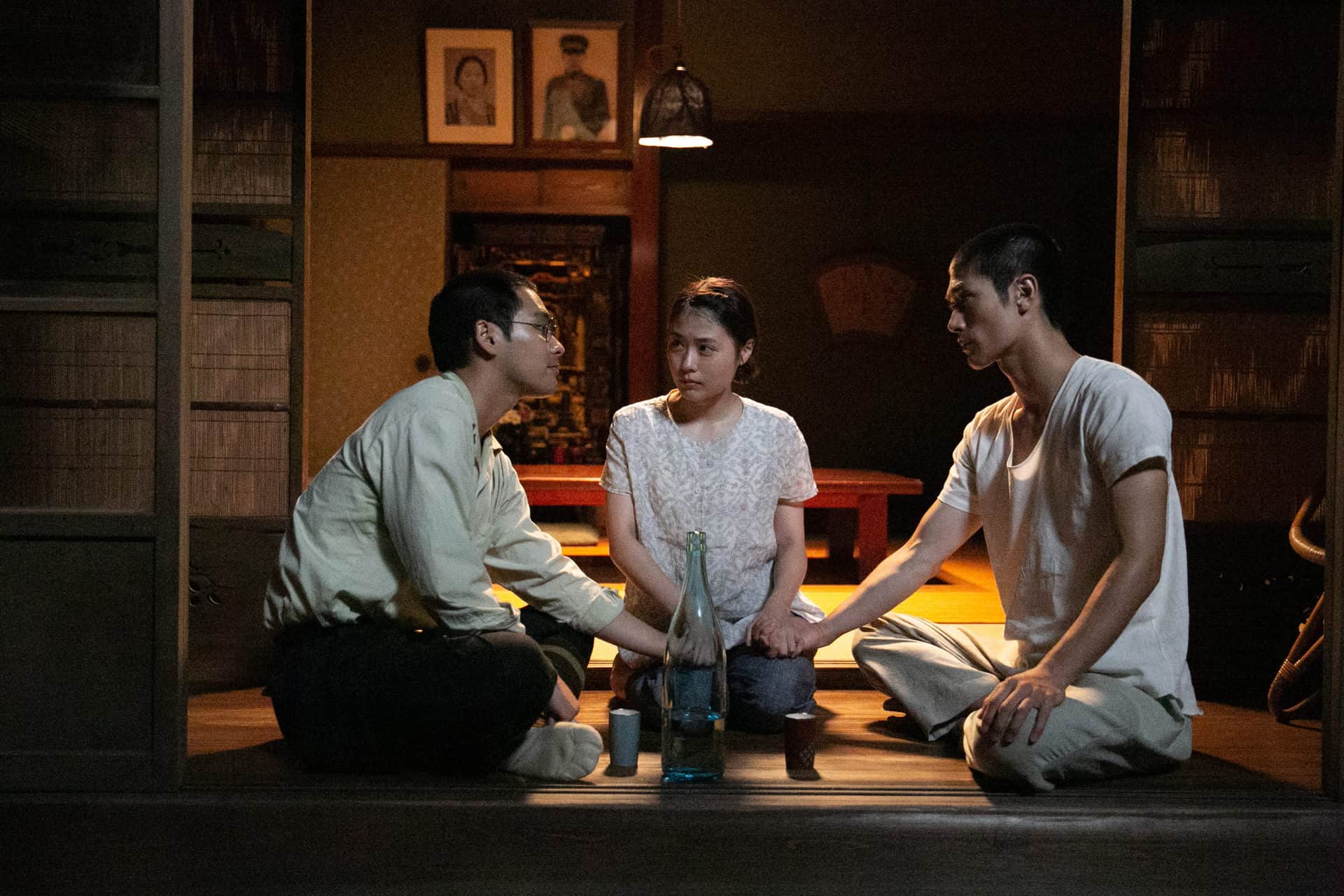by Christina Litsa
Wordlessly, theoretically, logically, there's a cycle of people around Eri Asai, a 21 years old student and model that has been asleep for the past two months in an eerie bedroom. Murakami opts not to inform us about them as a know-it-all narrator in this 2004 short book, but he invites us in a dreamy flight above a Metropolis in the early hours.
Buy This Title
A variety of activities can be done after midnight next to sleeping. One may read a book in a family restaurant like Mari Asai. Another might practice his trombone with his jazz band until the first morning hours like Tetsuya Takahashi – a proper slacker. Of course, there's always a seemingly preppy pervert hidden in the night named Shirakawa and a team of good Samaritans in an unfitted place, a love hotel named Alphaville, Kaoru, Korogi, and Komugi. The reader is quickly identified as a no stranger to this kind of characters. From the very first page of the book, Haruki Murakami introduces us to voyeurism. There's a voyeuristic sense when we first notice Mari sitting alone in a table and later when Tetsuya randomly accompanies her in a casual dinner and subsequently takes her out in a date in the park. While the “deviation” is culminating with the help of Murakami's mesmerizing use of language, we observe Eri deeply sleeping in the unsettling environment of a room that is taken straight from a traditional Japanese horror story. A room that seems to float into space, with a bed, a ‘'paranormal” T.V set and a haunting, abnormal male figure sitting in a chair.
Do these people romantically blend into the night? I guess not. They meet each other not on purpose but by accidental circumstances that force them to admit one to another a common major truth. They hide from memories. Mary acts indifferently towards her sister Eri, but the fact is that she rejects any memory of her as she can't cope with her persistent deep sleep and pill abuse. The supposedly harmless and friendly Tetsuya has clearly some serious issues with his Karma, taking for granted the threats he by chance hears when answering the missing mobile phone in the convenience store (you may do your own assumptions about his motives). Last but not least, Eri announces one day in her family that she is going to sleep for a while and so she does. In a Freudian way, she lets her ego sleep in order to forget while the room and the TV set become her Id and Superego searching for a redemption.

I always loved a stroll around the city at night alone or with the company of others. I especially love the brief encounters between people that share adventures in the night and then they are never to meet again. People at night talk about all kinds of stuff, because is dark, lonely and the thought of keeping a secret comes easily to us. So, before the ground-braking truths about existence are spoken, people are inclined to talk about pop culture. The first quick reading of the book reminded me the surrealistic 80's movie “After Hours “by Scorsese, until Mari and Tetsuya start to talk about cinema and music, as well. To my disappointment, Murakami isn't influenced by “After Hours”. To a great extent, Mary and Tetsuya refer to Godard's “Alphaville”. The abstract nouvelle vague Sci-Fi about forbitten emotions in an imaginary city called Alphaville. Here is the point when I drop my hypothesis that the city with the center train station and the express train is Shibuya. It looks like the locations Murakami describes his heroes to spend the night are nothing more than fragments of his own memories. He is interested to place them nowhere in particular. He lets them hang out, wander and feed stray cats between theatrical dialogues, often like a crosstalk with no intervention from the writer at all. The mastery of the writer is visible in the chapters about Eri sleeping and Shirakawa working where the rich narration with the variety of language forms an illegitimate lullaby (also considering Jay Rubin's 2007 translation straight from Japanese).
“After Dark” consists of a problem, many readers say. We never learn about the motive each character has so as to hide into the night. But why should we?















